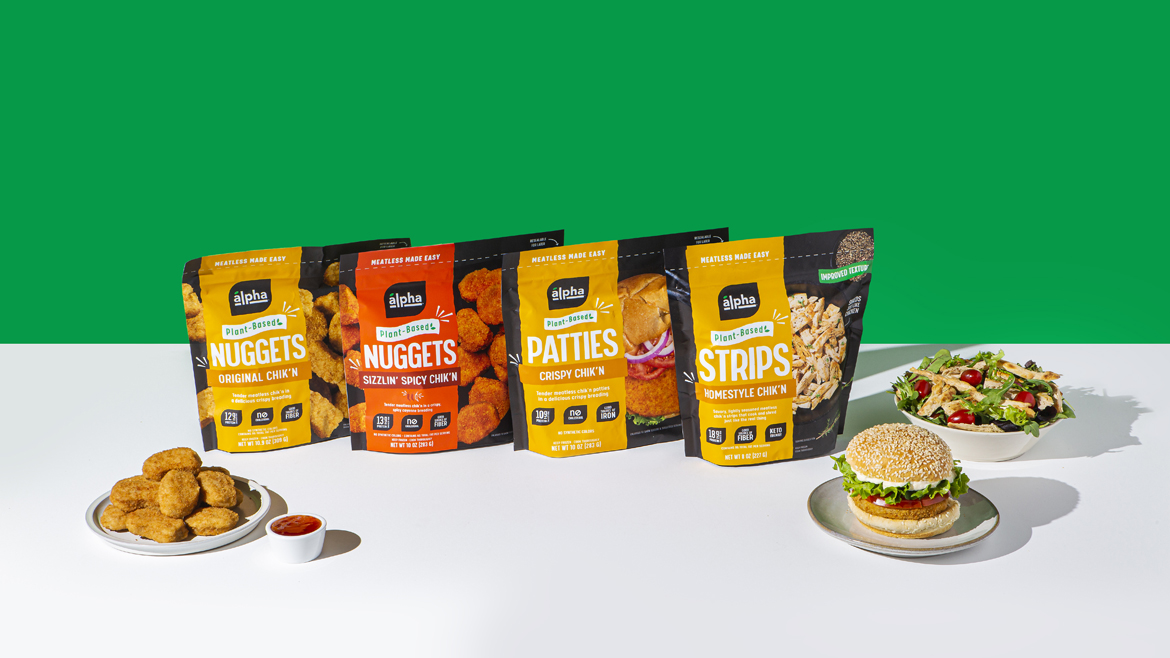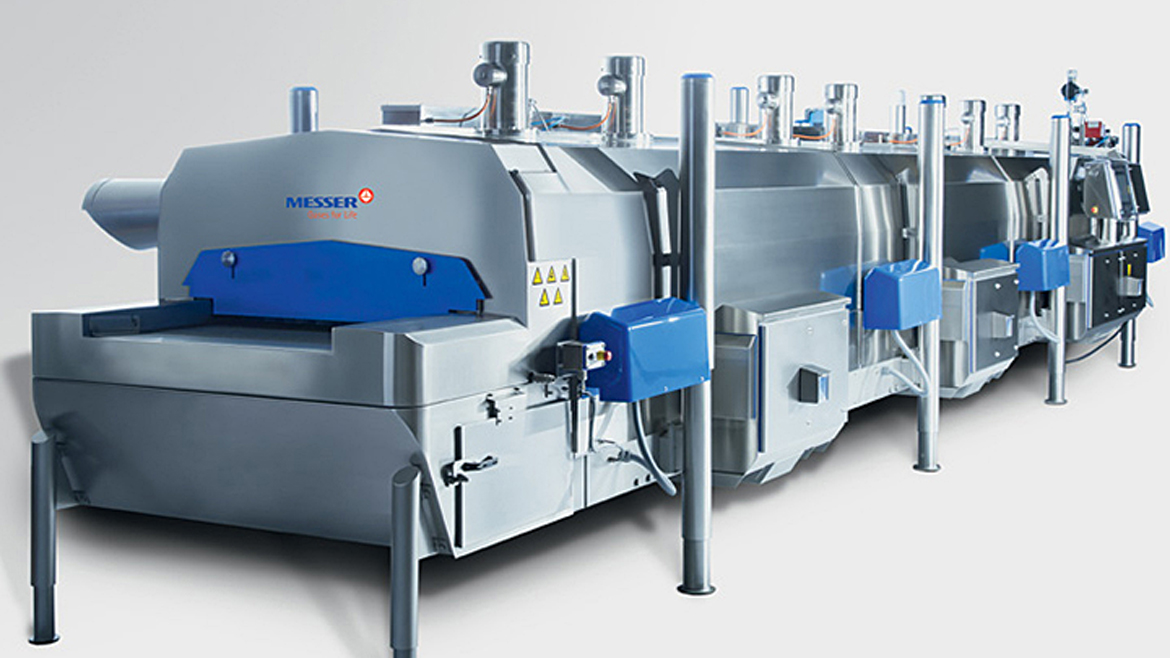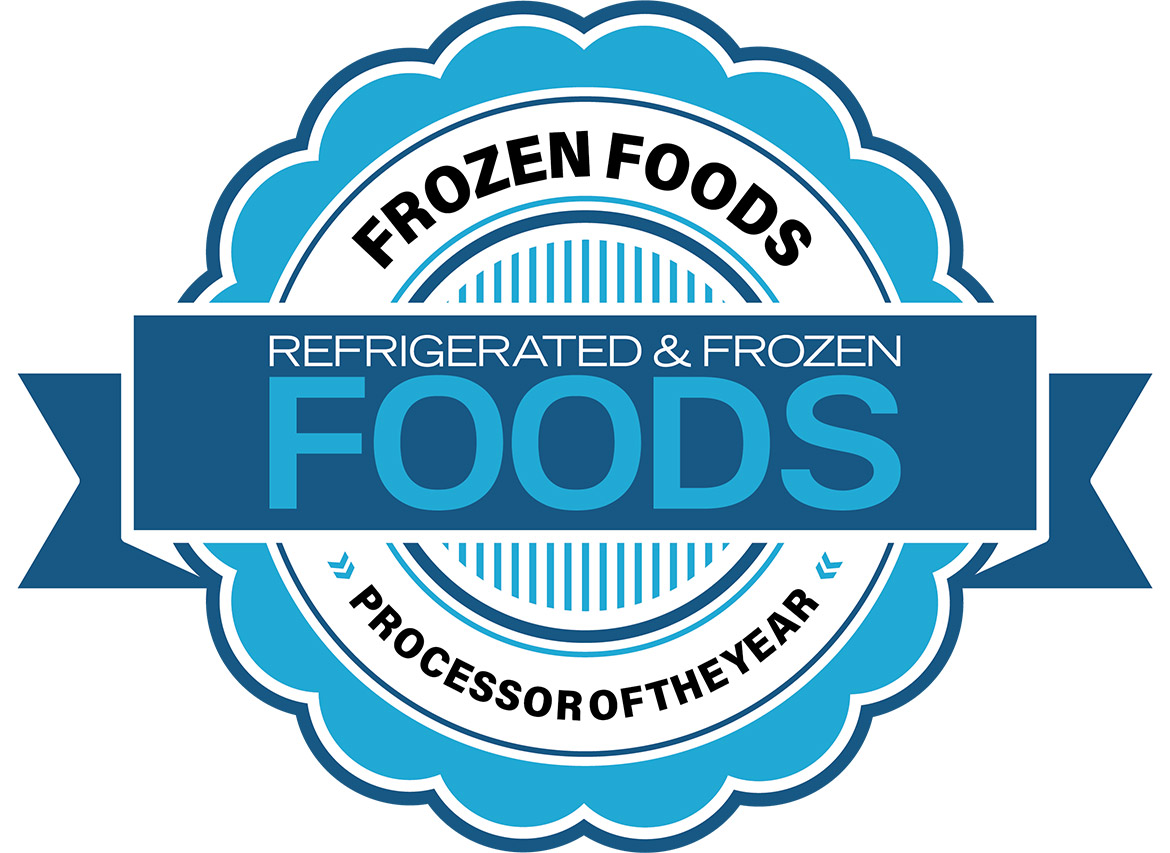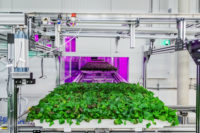From traditional freezing methods to cutting-edge tech, manufacturers are striving for more efficient production methods that also enhance quality and consumer appeal.
At Messer’s Technical Center in Cleveland, Ohio, over two dozen engineers and gas application experts work inside a 50,000-square-foot building developing and testing freezing and chilling applications for the F&B industry using products submitted by customers. Testing capabilities include calorimetry to determine specific heat loads, yield and moisture retention, quality tests and developing ideal processing parameters for chilling, crusting or freezing specific foods.
Messer products are used in over 500 F&B plants across America, said Mark DiMaggio, vice president of Application Sales & Execution at Messer.
Marketed toward cold foods processors as a way to sidestep CO2 shortages and boost efficiency, cryogenic freezing offers a high production rate with a small footprint.
Messer demonstrated its new data logger, nicknamed the Puck, as it looks like an oversize hockey puck alongside larger equipment at the 2024 International Protein and Processing Expo (IPPE) in Atlanta earlier this year.
“It senses temperature and we’re looking at how the freezer is operating – how your fans are running, is the exhaust balanced, are your nozzles pointed the right way? What we’re trying to do is capture the inside and make recommendations on what we can do,” said Don Smiley, director of Food & Beverage at Messer. “It’s only one part of what we do but it is how we talk to our customers about how we can make them more efficient.”
Messer’s food lab can use the Puck to help estimate operating costs of a proposed solution versus the existing process and validate performance of its equipment installed, reducing installation and startup time.

Their impingement and wave impingement freezers are like a “freezer on steroids” Smiley said.
“It uses high-velocity gas nitrogen to impinge on the product – you’re breaking the barrier and actually penetrating it quicker to get it frozen faster,” he said. “We’re listening to what our customers are saying and building applications around that.”
Other processing changes are influencing the development of new retail products, especially in areas like alternative proteins.
Alpha Foods has a unique approach to processing using high-moisture extrusion (HME) technology. Their process combines high-pressure and high-heat extrusion, delivering optimal moisture control. Alpha’s process combines soy and wheat protein in an extruder, cooks it under a controlled temperature and pressure to melt the proteins, and realigns them into the fibers responsible for a texture, juiciness and mouthfeel they say is indistinguishable from animal-based chicken products.
The versatile process allows Alpha to cut the protein into a range of shapes and sizes like plant-based chicken strips, the primary product Alpha makes using HME technology. The brand expects to release new products incorporating HME this year, said Shingly Lee, director of Marketing at Alpha Foods, a part of the LIVEKINDLY collective, a global plant-based foods company, which owns manufacturing facilities worldwide.
“We aim to have products across all day parts so we have a number of breakfast sandwiches and breakfast burritos. We started our company, back in 2017, with our all-day burritos, which continue to be our best seller, and we have our meal starters, which consist of chicken nuggets, patties and strips,” Lee said. “Consumers are looking for taste and texture – close enough to the meat analog isn’t good enough anymore. In our R&D process, we ask if the consumer can enjoy this product truly without compromise. The intersection between the ingredients, the formulation and our processing perimeters during the HME application is what truly sets our product apart. The second piece is our application – because we have a portfolio that is all day parts, we can integrate HME technology into other forms.”

Automation and robotics are continuing to influence the food processing industry, offering greater levels of efficiency, consistency and food safety. The global frozen food processing machinery market is projected to expand at a compound annual growth rate (CAGR) of 5.4% from through 2031, according to report issued last month from Transparency Market Research.
Messer is the largest privately held industrial gas business in the world, but DiMaggio said he likes to think of them as a “technology company that sells gas.”

He said he expects the advancement of nitrogen will continue to influence the frozen food industry. Capabilities like AI, machine learning and digital modeling will help maximize production in small spaces.
“We’re hiring these young, bright professionals coming out of computer science schools that are taking variables and making our machines smarter so machine learning will continue to grow,” DiMaggio said. “I envision that in the future the technology providers are going to be having something in their tech – an open spot in the system, if you will – we’re going to have freezers that are going to be ‘talking’ to the oven or the packaging line. You’re going to have command control centers in most of these plants and the industry will force more collaboration.”

 Nominate a cold foods manufacturer for
Nominate a cold foods manufacturer for 


